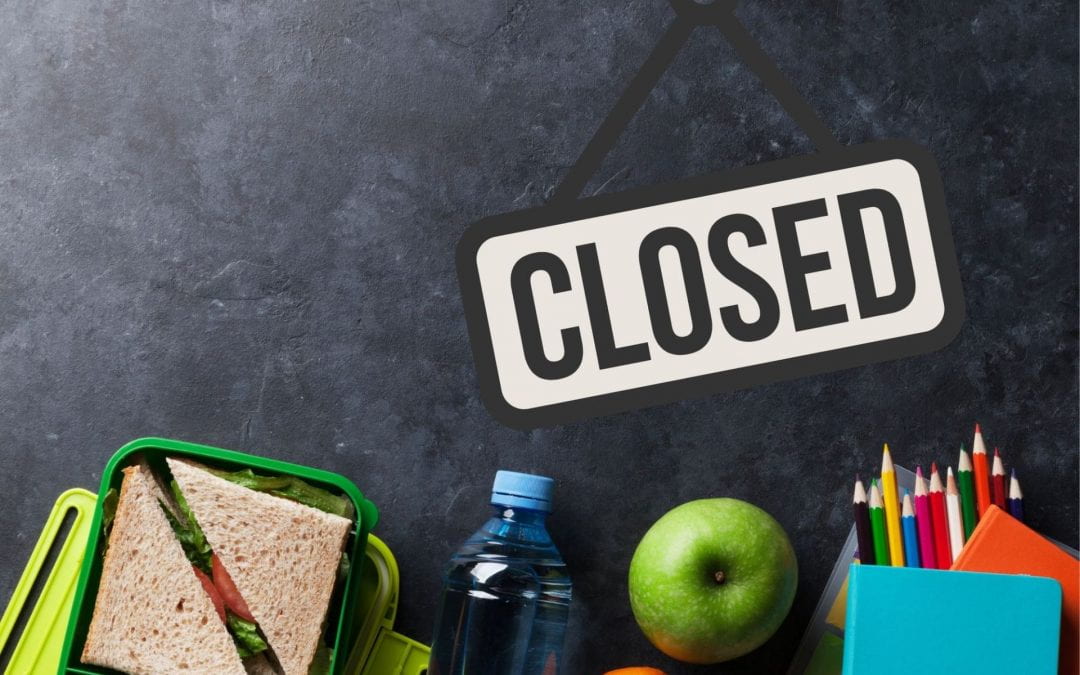A new study has looked at the impact school closures during last year’s lockdown had on the lives of children and whānau for whom food security was already an issue.
Principals from four decile 1 primary schools in high deprivation Hawke’s Bay suburbs took part in the study, along with a community organiser involved in setting up a school lunch programme in decile 1 primary and secondary schools. The study looked at the impact of last year’s Covid-19 lockdowns on students’ access to food at home, the exacerbation of existing socio-economic pressure on whānau, and the psychological state of students and their families.
Researchers from A Better Start National Science Challenge’s Nourishing Hawke’s Bay project – which is focused on identifying innovative and sustainable opportunities to improve children’s health in response concerning nutrition statistics and a lack of interventions in the region – undertook one-on-one interviews with study participants.
Those interviews revealed that reduction of opportunities for paid work, the closure of schools and school food provision, and the limiting of social connections laid bare the high level of deprivation in these communities. Food insecurity was a major concern, with many of the schools’ students having 10 out of their 21 weekly meals provided at school through a variety of mostly charity-based programmes.
The Nourishing Hawke’s Bay project is working to identify key areas where communities – including parents, whānau, teachers and schools – can help to make positive changes for tamariki and rangatahi.
They are working with the Government’s Ka Ora, Ka Ako free healthy school lunches programme to help provide the best food systems possible for each school, assisting with networks of cooks and suppliers, provision of menus and the set-up of school kitchens.
Read the paper – The impact of the COVID-19 level 4 lockdown on food security among whanāu of decile 1 schools

